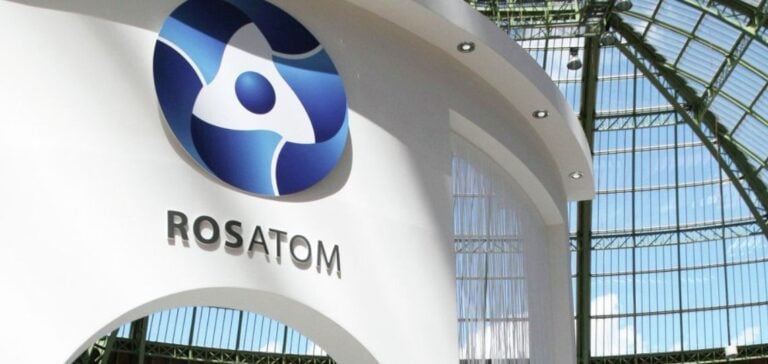At the Atomexpo 2024 event in Sochi, Rosatom formalized a commitment to provide reliable, carbon-free power-generating facilities in the Russian Far East. This agreement focuses on exploring the financial, economic, legal and technical aspects of a future energy project in this strategic region.
Energy requirements and proposed solutions
The Russian Far East region is estimated to require at least 1.35 GW of power by 2029-2030, according to the operator of Russia’s Unified Energy System. Andrei Leontyev, Minister of Energy and Gas Supply of the Primorsky Territory, plans to build four floating power units to bridge the energy gap in the south of the region. In the medium term, the construction of a nuclear power plant with two 600 MW units is also planned to support regional development.
Advantages of small-scale nuclear power
Andrey Nikipelov, Rosatom’s Deputy General Manager for Mechanics and Industrial Solutions, highlights the benefits of small-scale nuclear power as a modern, environmentally-friendly solution for a stable energy supply, with costs that can be predicted for decades to come. Thanks to their mobility and scalability, floating power units offer a flexible response to the region’s current and future energy needs.
International commitments and prospects
Rosatom is developing floating nuclear power plants based on the RITM-200 reactor, already used in its new fleet of nuclear icebreakers. Several countries and regions are showing interest in these units, with up to 15 floating power plants planned for the Russian Arctic zone. Russia already has the Akademik Lomonosov floating power plant in Pevek, based on KLT-40S reactors, which supply heat and electricity to the city.
Rosatom and Russia’s TSS Group have also signed an agreement to create a joint venture dedicated to the construction and operation of floating nuclear units for foreign markets, using RITM-200 reactors with a capacity of 100 MW and a lifespan of at least 60 years. These units address current and future energy deficits in fast-growing regions such as Africa and the Middle East, where demand for a stable, green energy source is high.






















